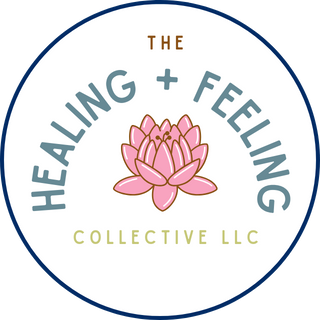What Therapy Is (and Isn’t): Breaking the Stigma Around Mental Health
Let’s talk about Therapy!
When people think about starting therapy, the first thought is often a question: What really happens in therapy sessions? Another common one is, How do I know if therapy is right for me? These are normal concerns, and they highlight how much stigma and misunderstanding still surround mental health care. Let’s clear up what therapy actually is, what it isn’t, and why it can be an important step for anyone looking to work on themselves.
What Happens in Therapy?
Therapy is more than just talking. It is a space where you can explore your thoughts, feelings, and experiences with a trained professional who helps you make sense of them. A good therapist will listen, but they also ask questions, notice patterns, and offer strategies that can help you handle challenges in daily life. Therapy can be practical too, giving you tools to manage anxiety, improve communication, or build healthier habits.
Does a Therapist Just Tell You What to Do?
A common myth is that therapists hand out advice. In reality, therapy is a collaborative process. Instead of telling you what to do, a therapist helps you understand yourself better so you can make decisions with clarity. They may suggest coping techniques or introduce proven methods like cognitive behavioral tools, but ultimately the choices and changes come from you.
How Long Does It Take for Therapy to Work?
Another frequent question is, How many sessions before I feel better? The answer depends on the person and the situation. Therapy is not an instant fix. Building trust with your therapist is a key first step, and that takes time. Some people notice improvement after a few sessions, while others need longer-term support. Progress is often gradual and may come with ups and downs, which is part of the normal healing process.
Is Therapy Only for People in Crisis?
Many people believe therapy is only for those with serious mental health issues, but that is not true. People seek therapy for a wide range of reasons: job stress, relationship struggles, parenting challenges, grief, or even personal growth. Therapy can be helpful whether you are going through a crisis or simply want to feel more balanced and fulfilled.
Why Is There Still Stigma Around Therapy?
If therapy is so useful, why does it still carry stigma? Some of it comes from cultural beliefs about “toughing it out.” For others, it is generational, with older family members viewing therapy as unnecessary. Popular media has also added to the problem by portraying therapy as something only extreme characters need. These ideas make people think asking for help means weakness, when in fact the opposite is true.
Why Choosing Therapy Is a Strength
Therapy is an investment in yourself. High-performing athletes, leaders, and everyday people use therapy to stay grounded and healthy. It is confidential, supportive, and designed to help you grow. If you have ever wondered, Should I try therapy? remember that therapy is not about being broken. It is about being willing to face challenges and move forward.


